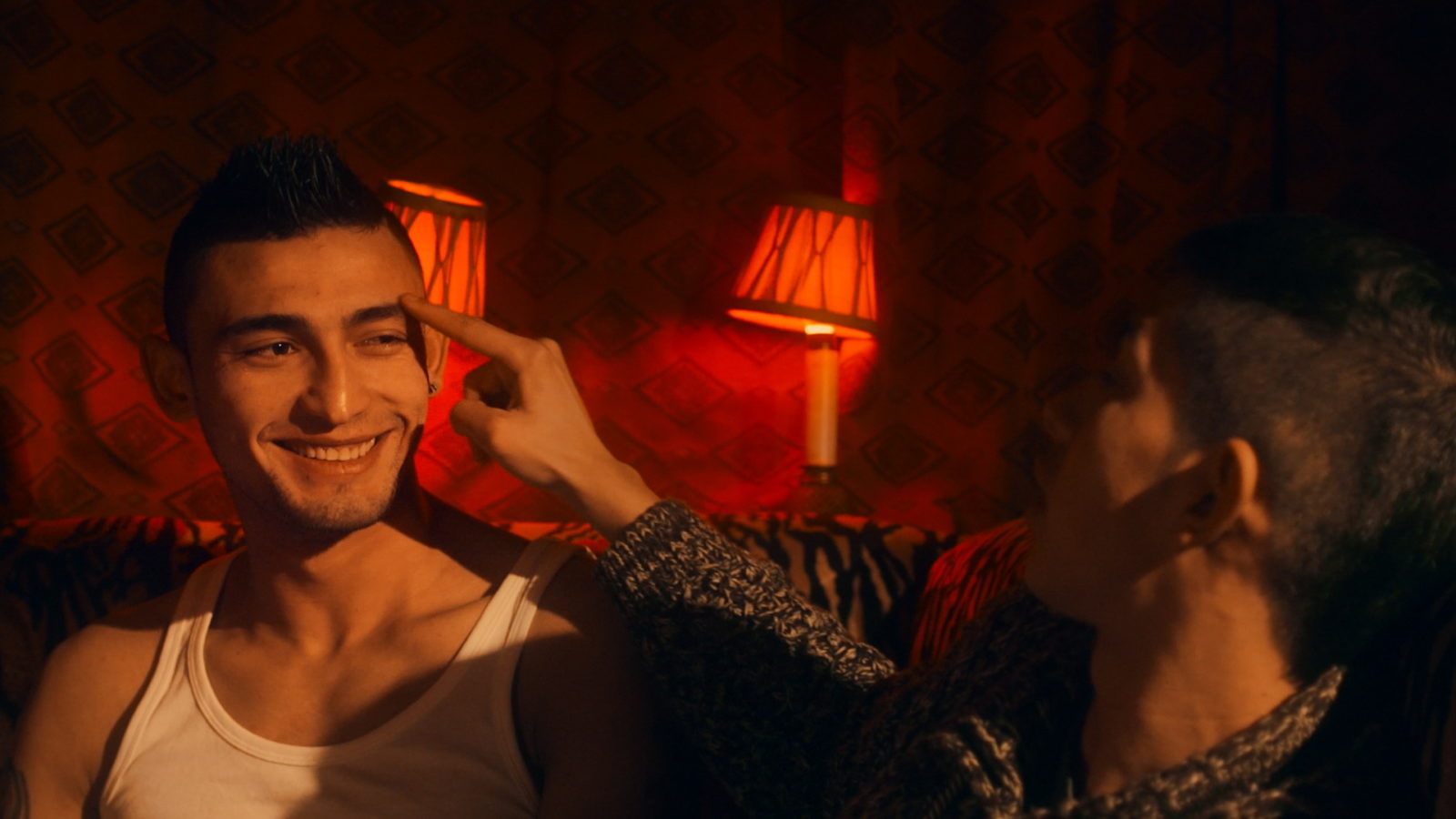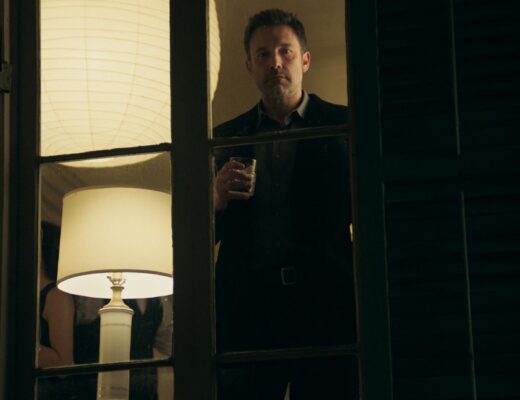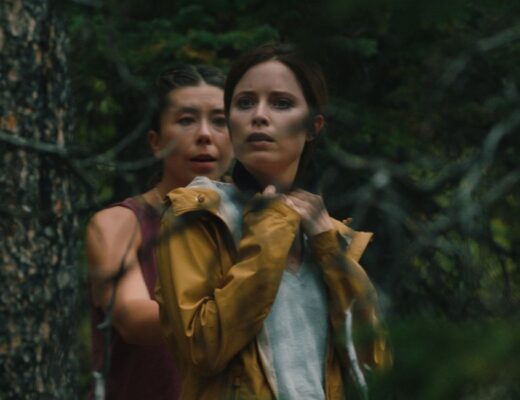A Perfect World‘s title is contradictory, born from a phrase that implies that life will never really amount to what we want it to — but abbreviated, so as to suggest that the central relationship in Clint Eastwood’s film is a utopian alternative to the injustices of reality. And yet, the world that is shared and created by the film’s surrogate father and surrogate son is never quite that, because for all of its ability to warp time and space and make the fantastical believable, cinema can’t convincingly undo centuries worth of corrupted masculinity. Released in 1993, and inevitably becoming a sort of overlooked sibling to the awards-ready Unforgiven, A Perfect World didn’t come packaged with an explicitly self-reflexive narrative primed for the Academy’s — and the critical communities’ that help to sustain it — modes of appraisal. AMPAS shut the film out completely, though it wasn’t entirely neglected: Most notably, Cahiers du Cinema lauded A Perfect World as the best film of ‘93, ranking Eastwood ahead of the likes of Godard, Resnais, Oliveira, and Rohmer. This stark divide in reception elucidates the exceptional qualities of a film that is is, in every way, accessible — cast in the mold of what Eastwood had done and would do — but which implores the audience to question how and why they consume Hollywood entertainment, to actually interrogate the moral standards established by the industry.
The world that these two figures build together is not perfect; it’s informed by social and cultural trauma. The time they spend together is constantly intruded upon by echoes of America’s sins: sexual repression, economic injustice, racism, the broken carceral state.
The story plays out as a fable in the guise of a crime spree movie, with Kevin Costner’s lifelong convict, Butch, fleeing across Texas in the wake of a prison break, with a young hostage in tow. In a lesser film, the bond between Costner and the child he kidnaps (T.J. Lowther) would be glibly painted as a profound symbiosis, Lowther’s boyish innocence curing Costner of his callous worldview, while he in turn imparts hard roguish wisdom on the sheltered boy. Yet, as previously suggested, the world that these two figures build together is not perfect; it is informed by social and cultural trauma. The time they spend together is constantly intruded upon by the echoes of America’s sins — sexual repression, economic injustice, racism, the broken carceral state — some of which Butch is victimized by himself, and some of which he ends up tragically perpetuating. This is a tale of the blind leading the blind that condenses the saga of a nation’s toxified white masculinity into a breezy 138 min. And at the helm is Clint, who also appears on screen as the sort of gruff, yet good intentioned, law man archetype that he defined throughout his career. Eastwood had yet to commit to the sort of total character assassination of himself that defines films like Jersey Boys and The Mule; however, much like Unforgiven, here he appears to be seriously interrogating the ways in which his entire life’s work may have done more harm than good. His character’s arc in A Perfect World parallels that of the director’s own life, and career, right up to this moment: this is a man whose sway over the world has gone unchallenged for too long, whose poisoned perspective, regrettably, has been allowed to define the lives of so many.
Part of Kicking the Canon – The Film Canon.







